|
A big part of our Hmong-American collective is that there is a crucial piece missing when it comes to higher education. I grew up like any Hmong kid, surrounded by many other Hmong kids. But while I grew up and continued my education, the number of Hmong males around me began decreasing.
0 Comments
“Teb Chaws Vam Meej” or “The Promise land” holds a different meaning, depending on who you talk. Hmong elders and first-generation Hmong-Americans see it as a Newfoundland, a country away from their previous war-torn country; another country if you follow the Hmong people’s history. It is the land where the Hmong can start again and embrace its inclusion no matter how many struggles we’ve had to go through to get there.
Historically, the Hmong families and clans have come together to help each other. The displaced Hmong are the survivors of war, and our generation lives on the idea of our luck, as another chance to live. As a first generation Hmong-American, my family’s struggles with identity, trauma, cultural stigmas, and economic opportunities are shared experiences across generations and among many other Hmong families.
I recently participated in a workshop that re-introduced me to an activity called the “life balance wheel.” I was asked to label a number of variables important in my life that fit under the following categories: Work, Family and Relationships, Cultural and Spiritual, Health, Hobbies and Recreation, and Education. I then identified the amount of energy I’m currently investing in these different areas. I realized that while I’m putting 110% into my work life, sadly, my current energy investment in my own identity is low.
Violence surrounds me, a shadow that has followed me since my birth. I have experienced violence on several occasions in my life. Once when I was 12, I remember arriving home early from school. I was the first of my five siblings to return. As I approached the front door, a voice in my head said, "slow down." Then, I felt a knot in my stomach and I don't know why, but I was nervous. As I turned the key and the door creaked open, I noticed a trail of paper on the floor. Standing in the doorway, I could now see the entire living room and it was a mess - furniture toppled over, clothes on the floor, phone off the hook. I stood there frozen in place and it was then that I realized we were robbed!
I want to make a difference in the Hmong community and I know that I am not the only one. Nonprofit programs have played a key role in my life trajectory, by providing mentors, education, extracurricular activities, and opportunities throughout my childhood and young adult life. Fortunately, these opportunities were free thanks to foundation grants, business giving, individual donors and organization partnerships. I believe that contributing to community programs serving the Hmong community may also have a positive effect on others, as they’ve had on me.
|
Archives |

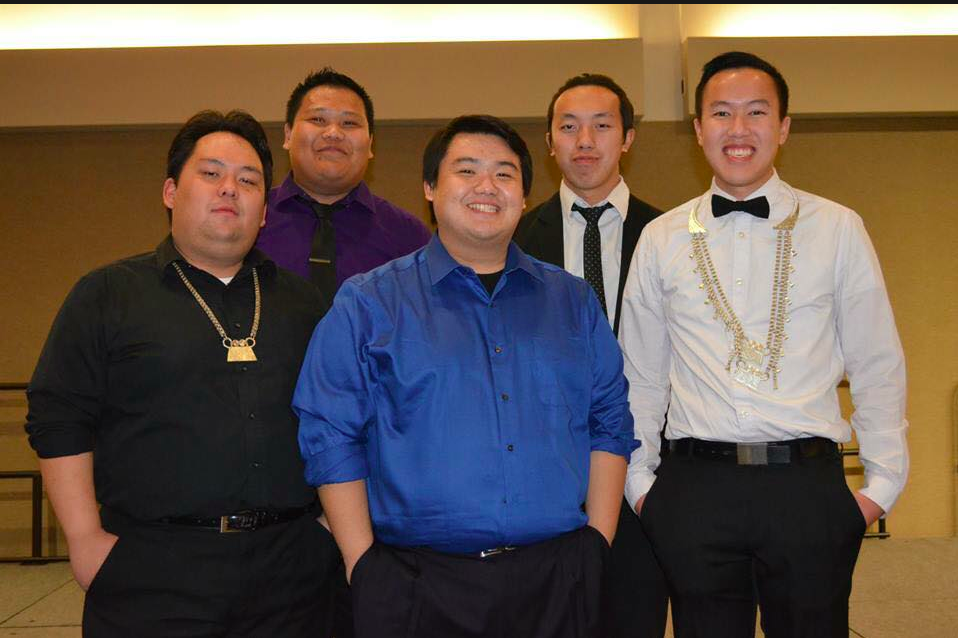
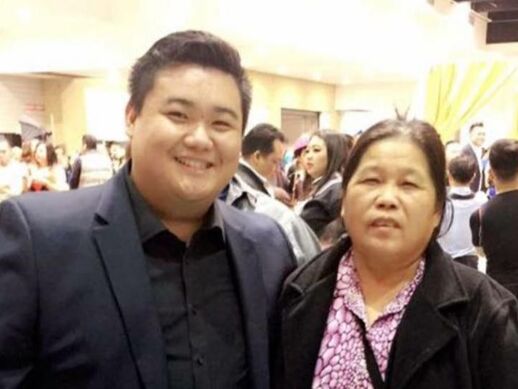
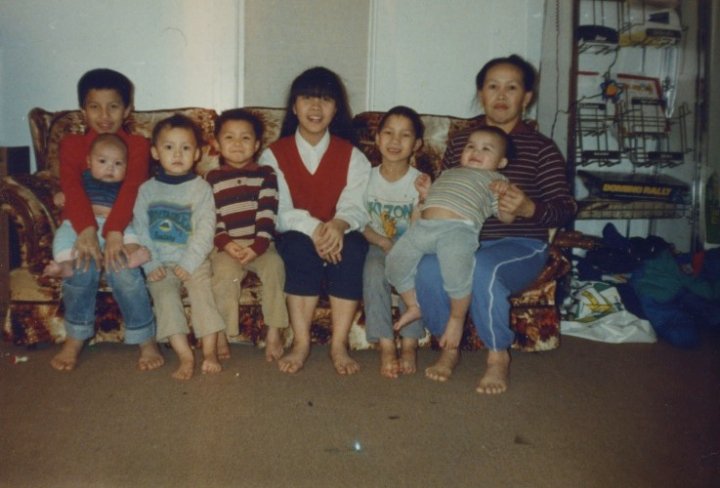
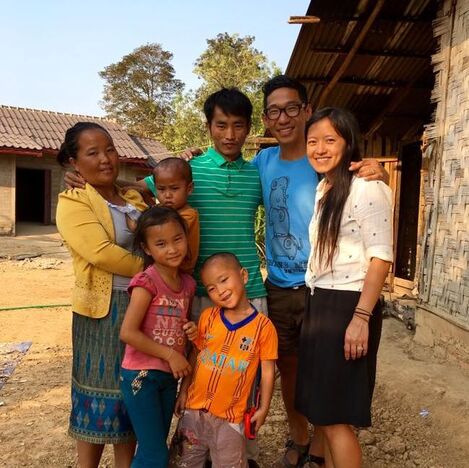
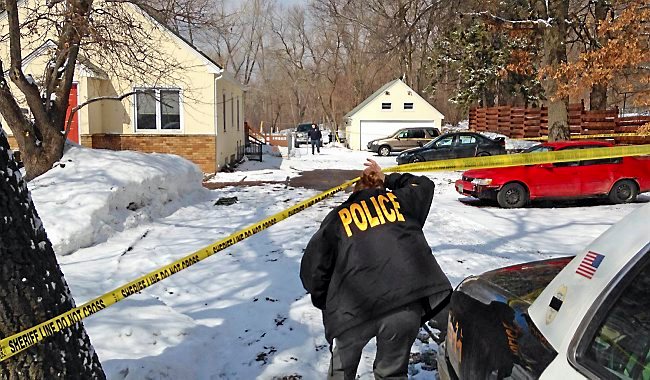
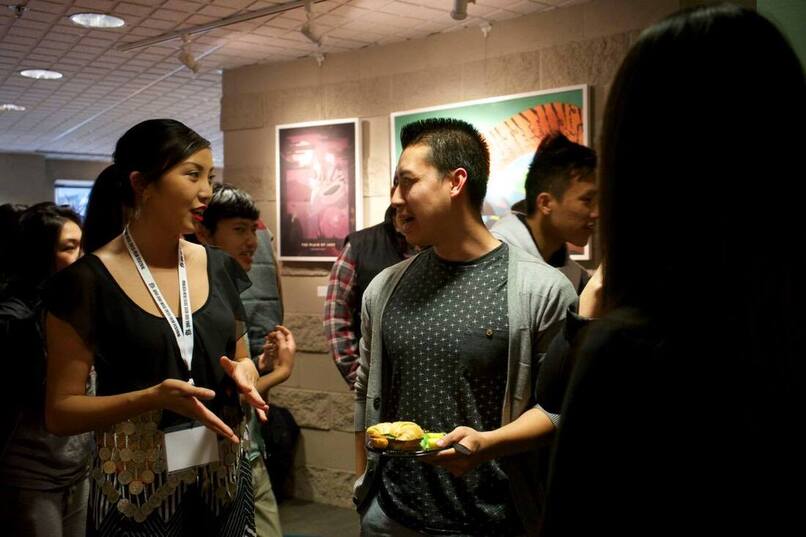
 RSS Feed
RSS Feed